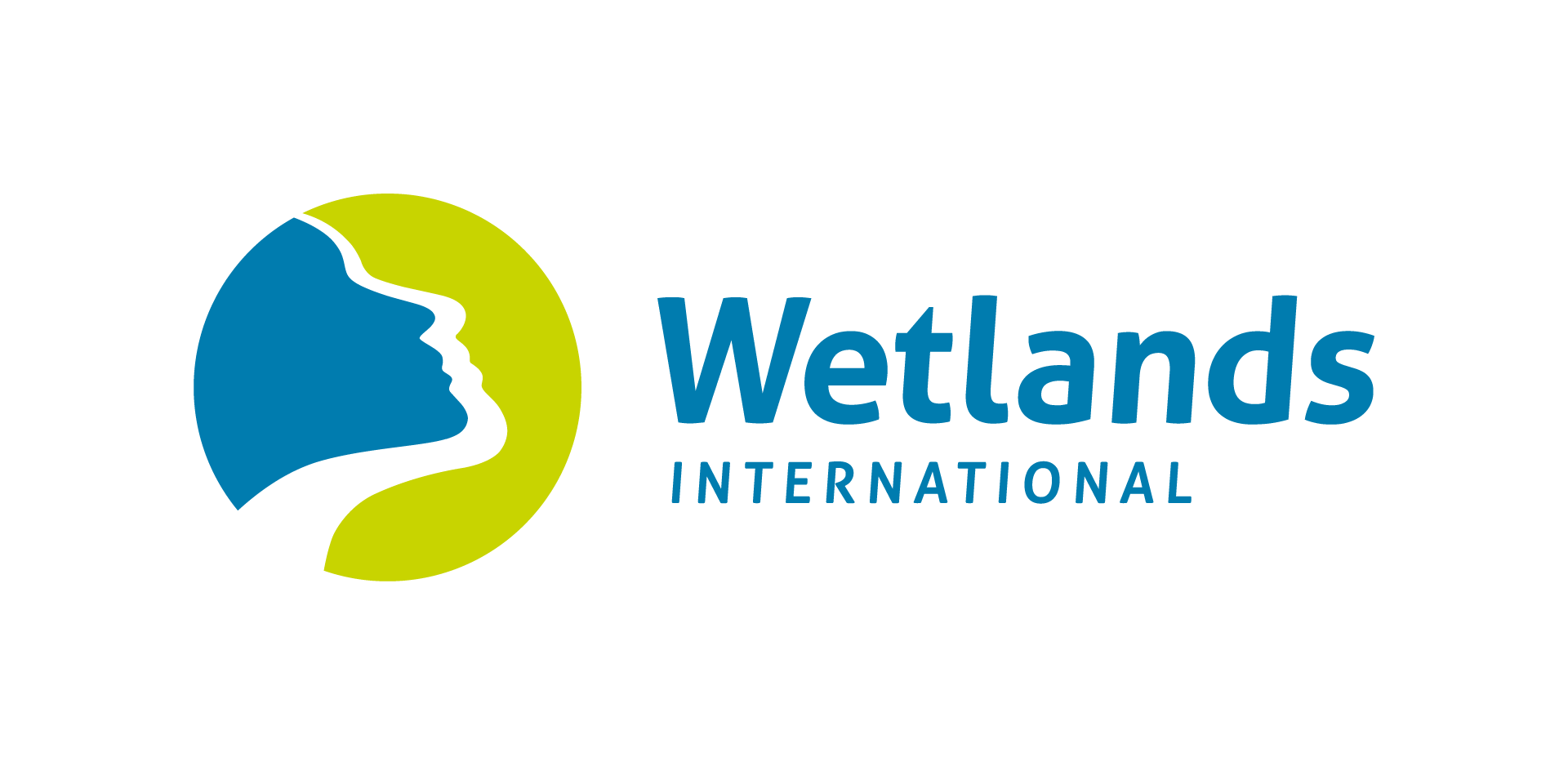PramanaDhara
Team information
Nabil Radinka
Master
Wageningen University & Research
About the team
We are PramanaDhara! In Bengali, "Dhara" denotes a guardian or caregiver, whereas in Indonesian, "Pramana" refers to a means or way. In the Indo-Bangladeshi context, this combination denotes a methodical approach to guardianship or caregiving. Eight students with various backgrounds: Geo-Information Science, Environmental Sciences, Urban Environmental Management, Biobased Science, and Governance of Sustainability Transformation. Through an interdisciplinary approach, we aim to harness the power of nature-based solutions to combat climate change and biodiversity loss in the Bangladesh delta region.
Our vision for nature-positive future for Bangladesh
By 2120, Bangladesh aims for an inclusive, thriving economy with equal opportunities for all. It focuses on protecting natural heritage and biodiversity, and ensuring sustainable practices in agriculture and industry. This is possible to achieve through ensuring each regions' potential is realised. One of them is the coastal region, whereby integrating mangroves in aquaculture, it is possible to promote economic activity and food security whilst ensuring protection towards biodiversity and the environment. With it comes also the benefit of protection against flood and salinity, which the country also needs to prioritize. The coastal and the northern region of Bangladesh also needs to keep striving for an affordable renewable energy-based self-sustaining network and climate-resilient housing by looking at regions where this needs and can be develop. It also plans to develop a nationwide sustainable transportation and industry, fostering community connections, economic growth, innovation, technology, and international partnerships.
Our choices for a specific region
Shrimp farming in Bangladesh's coastal regions provides vital income and food security, but it poses environmental challenges. An innovative approach to address pressing concerns looks into combining shrimp farming with mangroves, creating a sustainable, mixed-mangrove shrimp farming system. This method supports organic shrimp farming by relying on natural food sources, reducing the need for external feeds and fertilizers. Furthermore, mangroves filter excess nutrients, maintain water quality, and promote biodiversity. This integrated approach supports local ecosystems and enhances nature and biodiversity. Additionally, it creates equal opportunities for farmers by providing technical support, financial aid, and seedlings for sustainable practices. This plan also considers collaborating with communities, which boosts their livelihoods and offers alternative income sources such as sustainable mangrove use. This approach ensures fair and just development while promoting food production and security.
